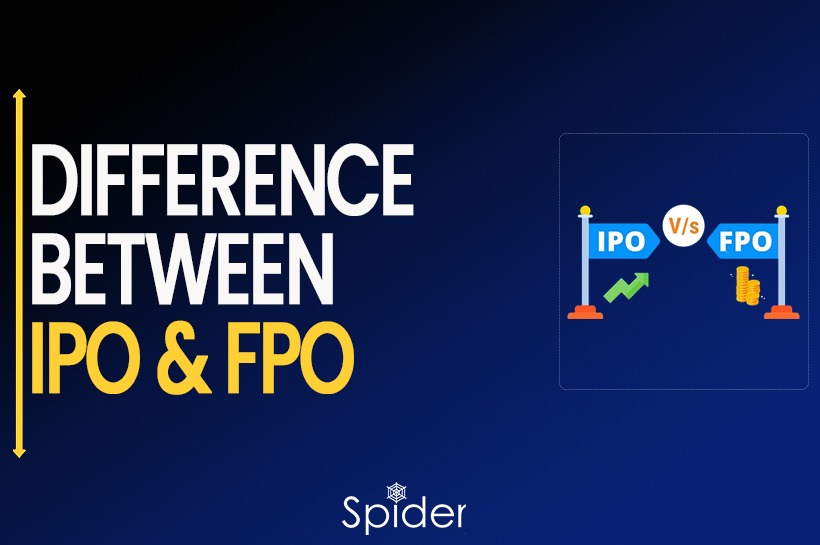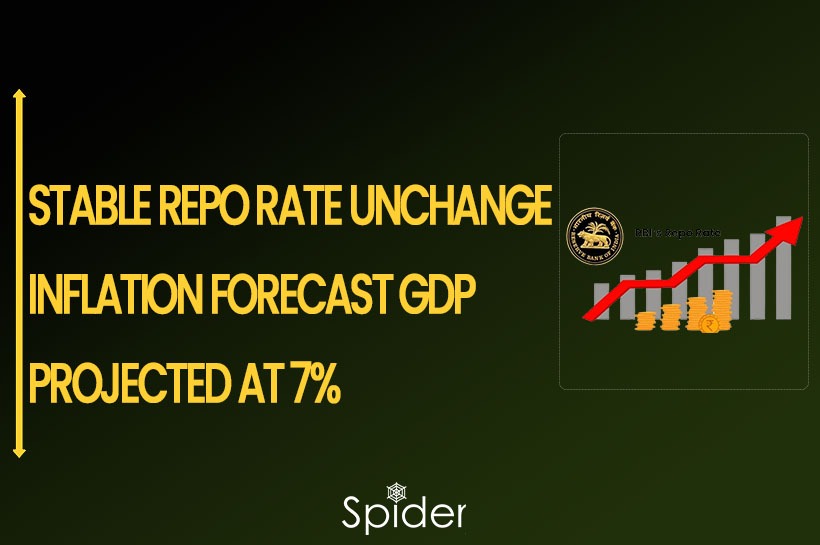Invest in gold refers to the practice of purchasing and owning gold with the goal of generating potential financial returns or preserving wealth over time.

What do you mean by Gold Investing?
For centuries, people have valued gold for its rarity, durability, and cultural significance as a precious metal. During times of economic uncertainty or market volatility, investors often consider it a “safe-haven” asset, turning to it as a means to safeguard their capital and diversify their investment portfolio.
What are Different Ways to Invest in Gold?
There are several different ways to invest in gold, each offering varying levels of convenience, liquidity, and potential returns. Here are some common methods of investing in it:
Physical Gold
Invest in gold by purchasing bars and coins from reputable dealers or banks is a straightforward approach. However, investors must manage considerations such as shipping, storage, and insurance. They also incur a premium over the current gold price. Over the last decade, the demand for small bars and coins has accounted for roughly two-thirds of the annual gold investment demand.
Governments issue investment gold coins, known as bullion coins, which possess a face value. These coins vary in appearance but derive their value from the gold content, typically ranging between 91.67% (22 carats) and 99.99% (24 carats).
Investment gold bars come in sizes like 1, 10, 100, and 400 troy ounces, or denominations of 1, 10, 20, 50, 100, and 1,000 grams. Accredited producers manufacture these bars, which exhibit purity levels ranging between 99.5% and 99.99%. For London clearing purposes, institutions often employ the London Good Delivery (LGD) bar, approximately 400 troy ounces in weight.
Gold Exchange-Traded Funds (ETFs)
Exchange-traded investment vehicles that focus on investing in gold bullion include exchange-traded funds (ETFs) with physical backing, exchange-traded commodities (ETCs), and similar instruments. These vehicles contribute to about one-third of the overall demand for gold as an investment.
Much like stocks in a company, shares of physical gold ETFs can be bought and sold on stock exchanges. Both individual and institutional investors can participate in physical gold ETFs, and their prices generally track the performance of the underlying gold spot market.
Physical gold ETFs offer investors a convenient way to access gold as an asset class. Investors who buy shares in these ETFs don’t need to engage in the physical trading of actual gold or manage the storage of their holdings. Instead, they can invest as easily and swiftly as they would when purchasing shares in publicly traded companies.
Gold Stocks
Gold stocks refer to the shares of companies involved in activities related to gold exploration, mining, refining, or marketing. Invest in gold stocks allows individuals to gain exposure to the price of gold without directly owning the metal.
The value of top gold stocks can be influenced by a range of factors, including the supply and demand dynamics of gold, geopolitical events, and overall economic conditions. These variables play a significant role in determining the value and performance of gold-related stocks.
Gold Futures and Options
Gold futures contracts are available on the NSE (National Stock Exchange), BSE (Bombay Stock Exchange), and Multi Commodity Exchange (MCX) in India. Businesses involved in gold production and trade often use these contracts as a way to hedge against price risk.
These exchanges offer gold futures contracts in various denominations to cater to different investor needs. Trading gold futures can be complex, even for experienced investors familiar with derivatives. Gold futures contracts allow you to buy or sell gold at a predetermined price for a future date. Upon the contract’s maturity, settlement occurs, and the value is determined based on the transaction’s terms.
In addition to the contract price, investors need to account for brokerage, regulatory, and exchange fees. The NSE and BSE typically provide contracts with a minimum weight of 100 grams, while MCX offers a range of contracts from 1 gram to 100 grams. Investors should carefully review the contract details to ascertain the required premium payment amount.
Gold-Backed Digital Currencies
A gold-backed cryptocurrency is a type of digital asset that derives its value from the price of gold at the time of its creation. Each unit of the cryptocurrency is typically linked to a specific weight or number of Troy ounces of gold.
In essence, this means that there should be an actual corresponding amount of gold held in reserves to back the value of the cryptocurrency. If there’s a lack of proper reserves or if the issuing entity faces issues, it can indicate problems with the business or the trusted custodian rather than having tangible collateralized assets. Some gold-backed cryptocurrencies even allow holders to redeem their tokens for actual gold.
Digital Gold
Digital gold is an alternative investment option introduced through a partnership between the Swiss bullion brand PAMP and the Metals and Minerals Trading Corporation of India (MMTC). It enables individuals to buy gold conveniently using digital wallet systems on their smartphones.
The gold purchased is securely stored in a vault overseen by MMTC-PAMP. Investors have a five-year window to keep the gold safely stored and can choose to take delivery at any point within that period. This digital gold option allows for the purchase of gold in the form of bars or coins with various denominations. The pricing is transparent and determined based on prevailing rates in the global market.
Gold Sovereign Bond
You can also invest in the sovereign bong. The Sovereign Gold Bond (SGB) Scheme was launched by the Indian government in November 2015 as a substitute for physical gold investments. The market has seen a significant fall in the demand for physical gold over time. SGBs keep track of the asset’s export-import value while also ensuring transparency.
Government securities known as SGBs are regarded as secure. They are valued in multiples of a gramme of gold. SGBs have seen a sharp rise in investors because they are seen as a viable alternative to actual gold.
You only need to speak with a SEBI-authorized agent or broker if you want to buy an SGB. The corpus (based on the bond’s current market value) will become available whenever you redeem the bond.
You can think about diversifying your portfolio by holding 5% to 10% or more gold. It is ideal for those who have a low appetite for risk because it is a low-risk investment. SGBs are much more affordable to buy or sell than actual gold. In comparison to the cost of buying or selling actual gold, the SGB is also inexpensive.
SGBs are another option for those who don’t want to deal with the difficulties of storing actual gold. This is because it is simple to store these in Demat form, and since they are in electronic form, no one can take them.
According to the RBI circular, the next forthcoming SGB issue would take place between September 11 and September 15, 2023. The issue date is September 20, 2023.
Learn how to Trade like a PRO on the Expiry Day. Click Here To Register

Also, if want to how Commodity & Currency Trading can be beneficial? Click here to Know
Disclaimer: The information provided in this Blog is for educational purposes only and should not be construed as financial advice. Trading in the stock market involves a significant level of risk and can result in both profits and losses. Spider Software & Team does not guarantee any specific outcome or profit from the use of the information provided in this Blog. It is the sole responsibility of the viewer to evaluate their own financial situation and to make their own decisions regarding any investments or trading strategies based on their individual financial goals, risk tolerance, and investment objectives. Spider Software & Team shall not be liable for any loss or damage, including without limitation any indirect, special, incidental or consequential loss or damage, arising from or in connection with the use of this blog or any information contained herein.





